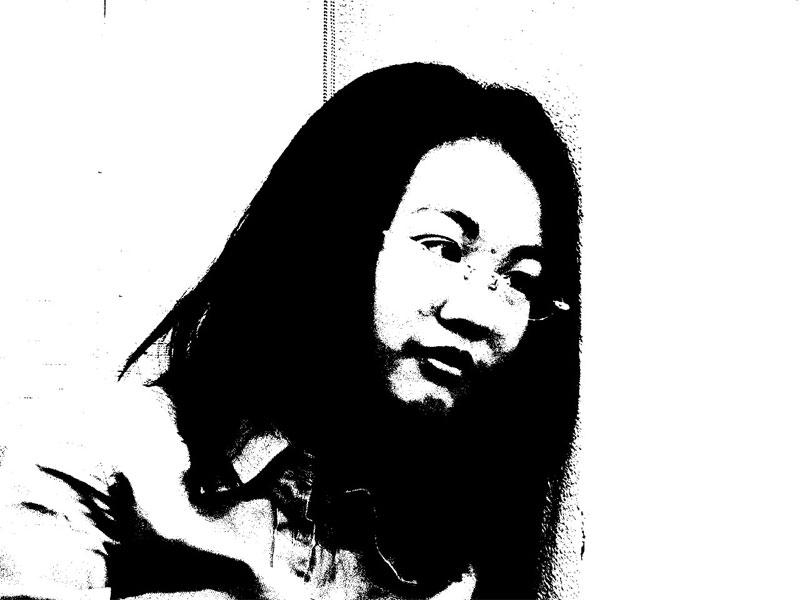First week MO
First week MO...
Just realised that I was soooo used to not using my brain during work as a houseman.
Repeatedly put HO instead of MO on my case notes.
Keep on answering the nurses when they are calling for the houseman in ward.
Striving hard to remember my patients' names and faces, and to understand their mental state.
And why do patients keep on nagging when they first see a new doctor?
In the wards, you just feel that schizophrenia is a disastrous disease.
But in the OPDs, you realise how miraculous antipsychotics can sometimes be (well, the RIGHT one with the RIGHT dosage).
Depressive and manic patients can become better. (Though you expect relapses)
Generally, there IS hope.
It is very devastating to think about the twentieth change in antipsychotic for the same schizophrenic patient especially when I have just taken up this case for a few days. I know absolutely nothing about antipsychotics except that it's some kind of pill for psychotic patients.
And even more devastating to think about the coming Team Round tomorrow at 10am. My first team round. Defence mechanism already coming up -- Avoidance. Preoccupation with unrelated matters. SHIT.
So this is the first week on the start of becoming a psychiatrist.
Pathetic. (Lots of negative cognition, you would say, right?)

